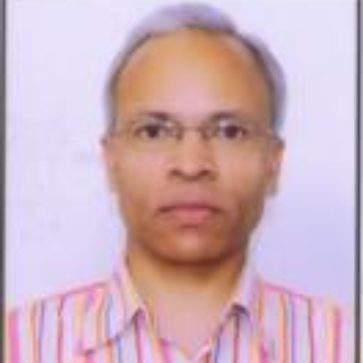
Awadhesh Kumar Singh
Work place: NIT, Kurukshetra-136119,Haryana, India
E-mail: aksinreck@rediffmail.com
Website:
Research Interests: Computer systems and computational processes, Systems Architecture, Distributed Computing
Biography
Awadhesh Kumar Singh received his Bachelor of Technology (B.Tech.) degree in Computer Science from Madan Mohan Malaviya University of Technology, Gorakhpur, India, in 1988, and his MTech and Ph.D. degrees in Computer Science from Jadavpur University, Kolkata, India, in 1998 and 2004, respectively. He joined the Department of Computer Engineering at the National Institute of Technology, Kurukshetra, India, in 1991, where he is presently a Professor. Earlier, he also served as head of the Computer Engineering Department during 2007–2009 and 2013–2015. His research interests include distributed algorithms, mobile computing and radio networks.
Author Articles
Dynamic Request Set based Mutual Exclusion Algorithm in MANETs
By Ashish Khanna Awadhesh Kumar Singh Abhishek Swaroop
DOI: https://doi.org/10.5815/ijwmt.2015.04.01, Pub. Date: 26 Jul. 2015
Mutual Exclusion (ME) problem involves a group of processes, each of which intermittently requires access to the only resource present in the environment. Handling ME problem becomes difficult due to the dynamic nature of the ad hoc environment. This paper presents a token-based solution to ME problem in the mobile ad hoc environment. The proposed token based algorithm is sensitive to link forming and link breaking and thus is suitable for MANET. The algorithm uses the concept of dynamic request set (DRS). As the request set is dynamically updated, the average size of request set is reduced resulting in less number of messages exchanged per critical section. The algorithm satisfies mutual exclusion, starvation freedom, and freedom from deadlock. The present algorithm has been compared with DRS based ME algorithms for static distributed systems. The results show that the concept of DRS in MANETs can be successfully used. Token loss problem has also been handled separately in the present exposition.
[...] Read more.Other Articles
Subscribe to receive issue release notifications and newsletters from MECS Press journals